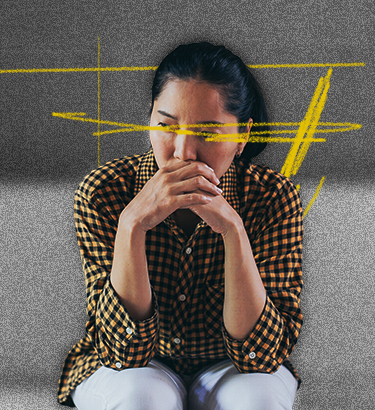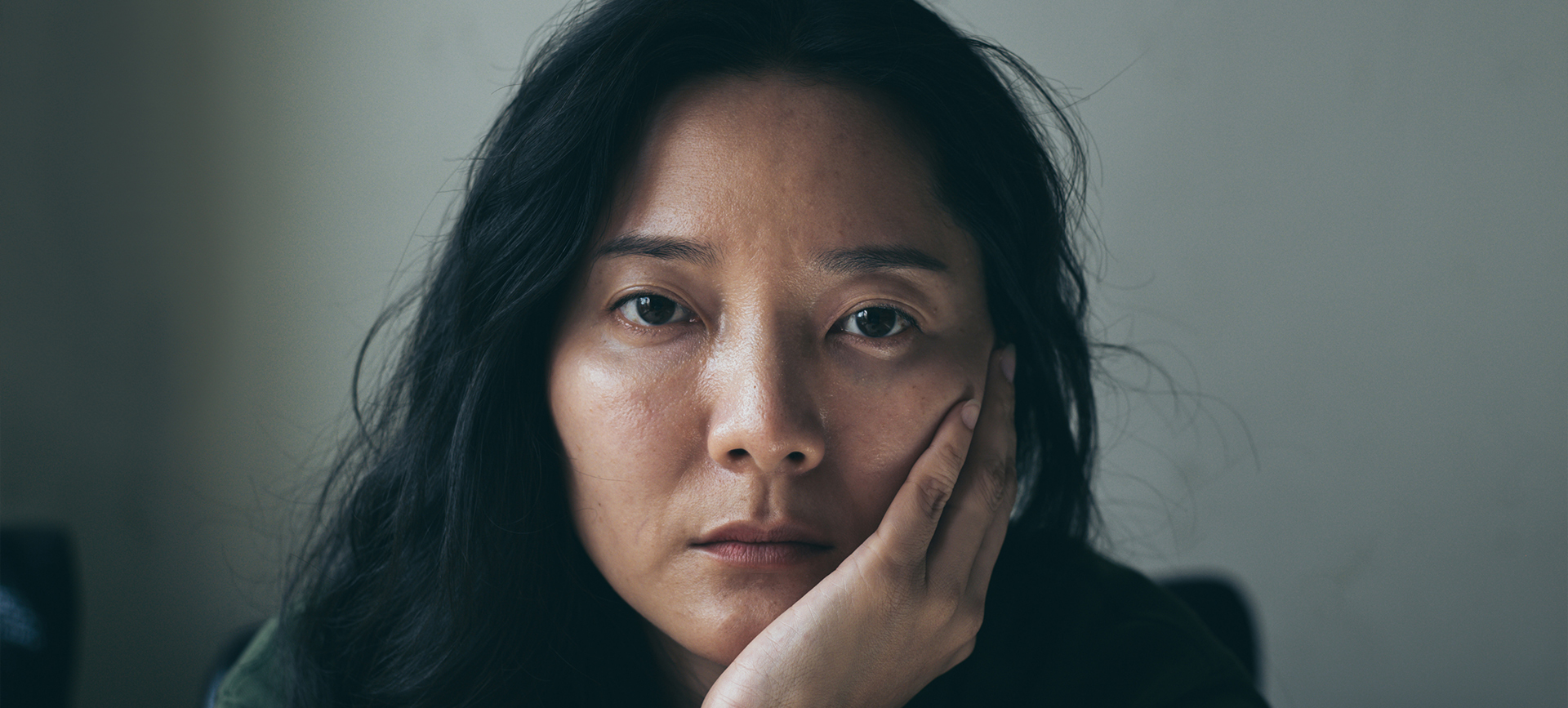Obsessive-compulsive disorder (OCD) is a serious mental health condition that involves the occurrence of obsessive thoughts that lead to repetitive behaviors—that is, compulsions.
The Anxiety & Depression Association of America reports that about 2.2 million adults in the United States suffer from OCD. Individuals can develop the disorder at any age, but the average onset is 19.
In popular culture, the term "OCD" is often casually thrown around to describe perfectionists or people who tend to be more particular than most. However, having a diagnosis of obsessive-compulsive disorder means much more than simply caring about keeping things neat or clean.













